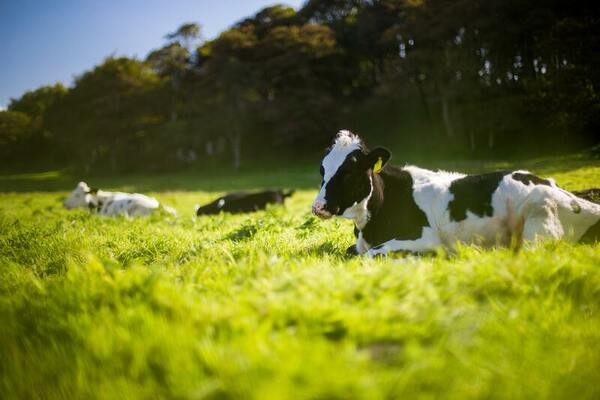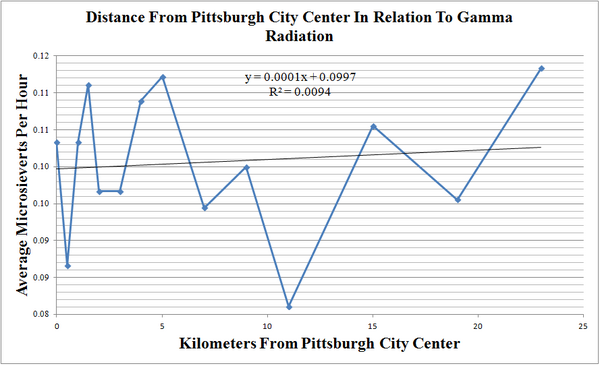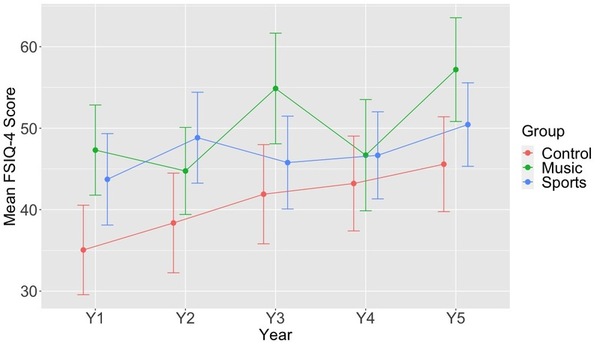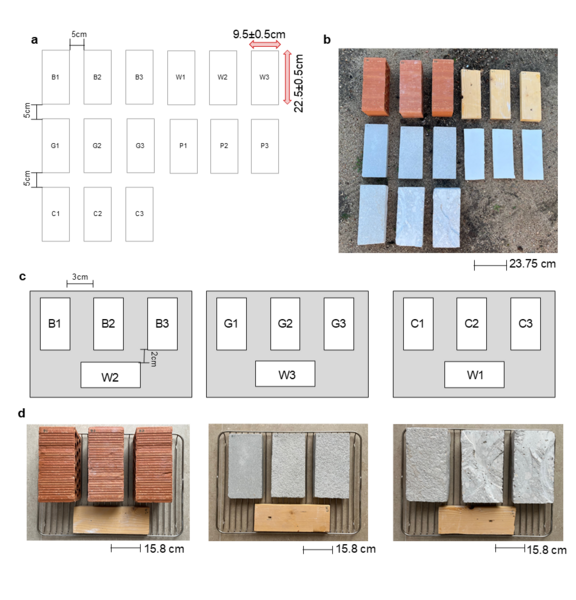
The authors conduct a survey to investigate the perceptions both sighted and blind people have on blindness. The results reveal both groups perceive the most challenging adversities to be the lack of awareness and understanding of their circumstances.
Read More...







